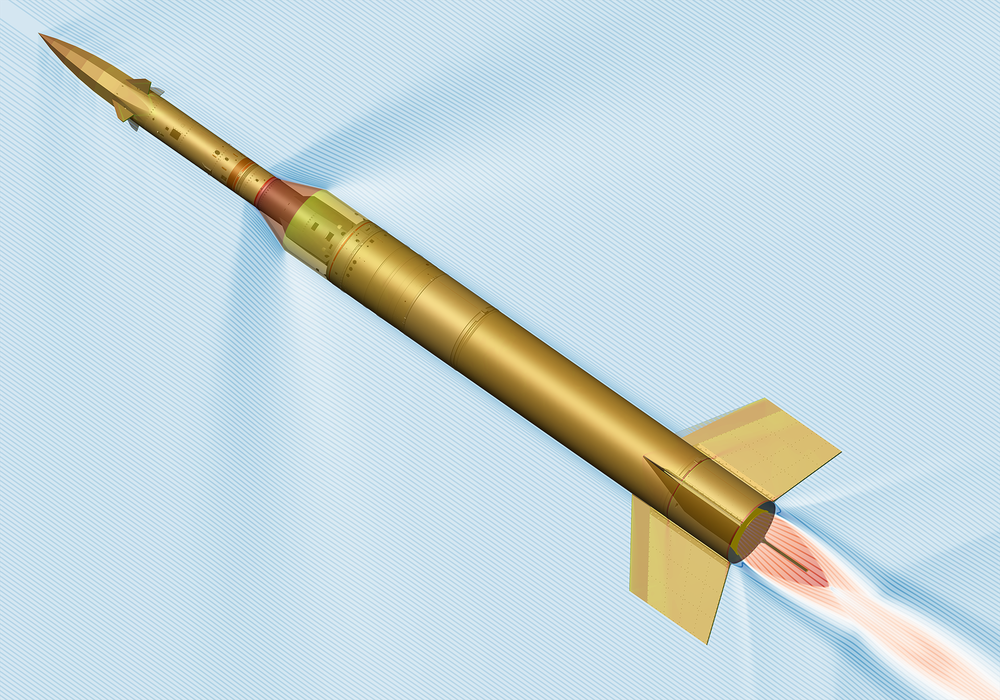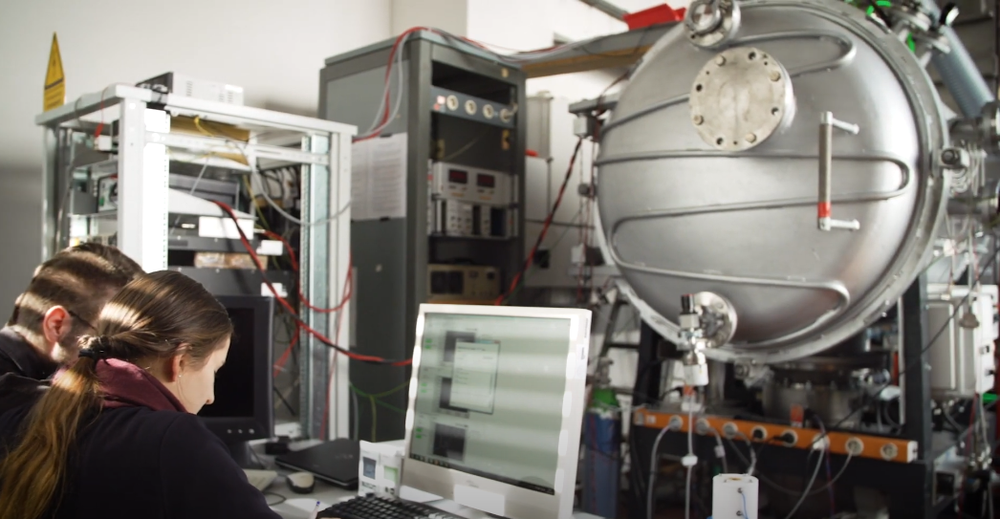Spacecraft Department

Aerothermodynamic design and analysis of spacecraft and their components
In the Spacecraft Department, we develop, qualify and apply numerical and experimental tools and methods for the complete aerodynamic and aerothermal design and characterization of aerospace vehicles and their components during all phases of a mission.
Competencies
Our numerical prediction methods cover all flow regimes relevant to space flight: they can be used to compute flows from hypersonic to low subsonic speeds, from dense supercritical fluids to highly rarefied gas flows. Tailored to the degree of fidelity required, these tools range from engineering pre-design methods and semi-empirical approaches to the high-end DLR CFD solvers TAU and CODA, capable of modelling high enthalpy flows, combustion processes and multi-phase thermodynamics for the multidisciplinary design, analysis and optimization of aerospace vehicles.
Experiments in our DLR large-scale test facilities, such as the High Enthalpy Shock Tunnel or the High-Vacuum Plume Test Facility for Chemical Thrusters and Electric Space Propulsion Test Facility Göttingen – electric thrusters, complement our numerical work. At the DLR site in Trauen we operate a test bed for hybrid rocket engines (solid fuel and liquid oxidant) and for engines using hydrogen peroxide (H2O2) as fuel. The H2O2 infrastructure is unique in Germany.
Any assumptions made in developing a numerical model, or unavoidable restrictions in the laboratory, are ultimately put to test in a realistic application. We thus strive to complement our numerical and experimental research and development by conducting dedicated flight experiments. By skillfully applying and continuously improving our three interdependent design tools, namely computational fluid dynamics, ground based testing and flight experiments, we accomplish our objectives and are recognized as a distinguished partner of many research institutions DLR institutes, as well as industrial partners and agencies and research institutions across the globe.
Main research topics
- Hypersonic high temperature gas dynamics
- Numerical design of space transportation configurations and flight experiments
- Multidisciplinary analysis of space transportation configurations
- Multidisciplinary numerical simulation of liquid rocket engines
- Multidisciplinary design and analysis of hybrid- and solid rocket engines
- Orbital thruster plume expansion and interaction with its environment
- Development of diagnostic tools and methods for experiments in hypersonic, high enthalpy flows, rarefied flows and electric thrusters
Research

Work in the spacecraft department
Your consent to the storage of data ('cookies') is required for the playback of this video on Youtube.com. You can view and change your current data storage settings at any time under privacy.
